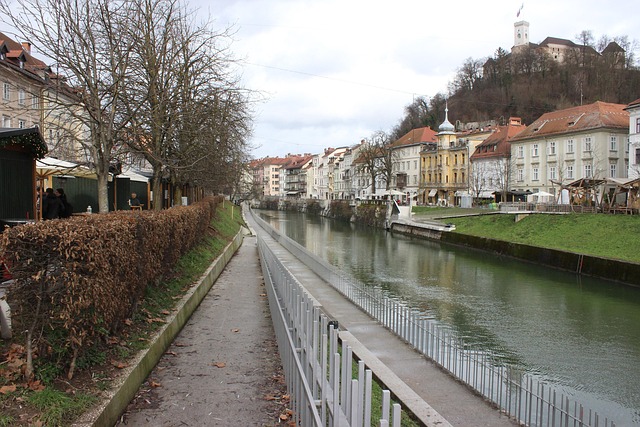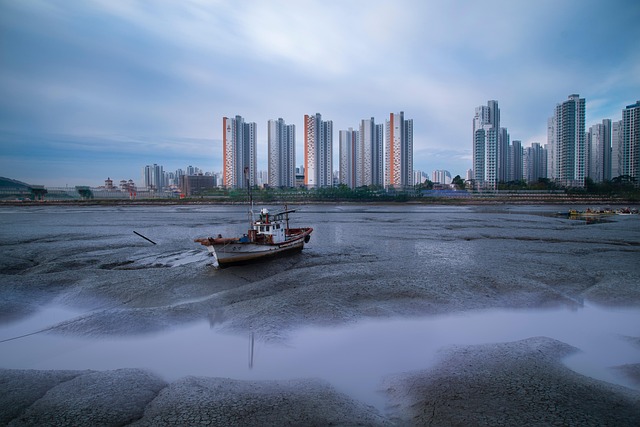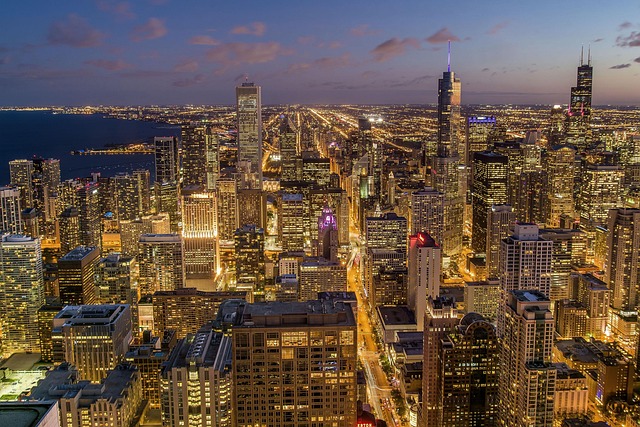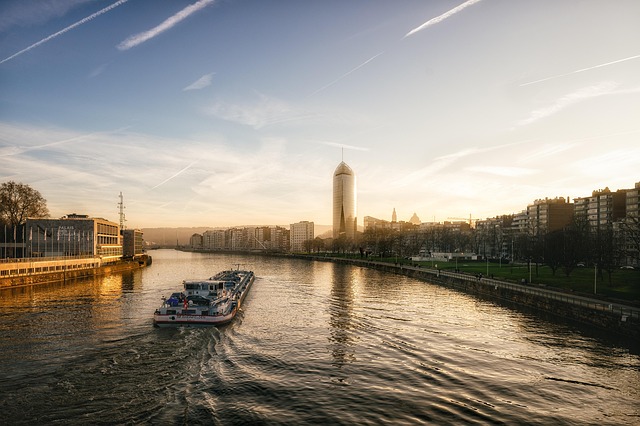In Karachi, strict construction bylaws are essential for safe, sustainable development, preserving the city's heritage and enhancing quality of life. These laws cover zoning, safety, environment, and worker welfare, enforced through plans & impact assessments. Compliance benefits developers with legal protection, streamlined projects, and enhanced building standards, while residents enjoy quieter, cleaner environments. Khalid Bin Walid Road exemplifies these regulations, maintaining its reputation as a desirable location in the bustling metropolis of Karachi.
In the bustling metropolis of Karachi, understanding construction bylaws is paramount for both developers and residents. This comprehensive guide delves into the intricate regulations governing Khalid Bin Walid Road, a vibrant area known for its dynamic landscape. From zoning restrictions to building codes, we explore the key components shaping Karachi’s construction scene. By examining these by-laws, we highlight their significant impact and benefits, fostering a harmonious environment for all stakeholders in this vibrant city.
- Understanding Construction Bylaws in Karachi: A Comprehensive Overview
- Khalid Bin Walid Road: An Introduction to the Area and Its Regulatory Framework
- Key Components of Construction Regulations in Karachi
- The Impact and Benefits of Adhering to By-laws for Developers and Residents
Understanding Construction Bylaws in Karachi: A Comprehensive Overview

In the vibrant city of Karachi, understanding construction bylaws is paramount for any project, be it residential or commercial. These regulations, designed to maintain harmony and safety in urban spaces, govern everything from building heights and zoning to noise levels and waste management. Compliance is not just a legal requirement but ensures the well-being of residents and the preservation of Karachi’s unique architectural landscape.
Karachi’s construction bylaws are a comprehensive framework that considers the city’s dense population, limited space, and diverse cultural influences. They aim to balance development with sustainability, heritage conservation, and quality of life. For instance, these bylaws dictate permitted building materials, energy-efficient design standards, and accessibility requirements. Understanding and adhering to these guidelines is crucial for developers, architects, and contractors alike, ensuring that Karachi’s construction projects not only thrive but also leave a positive, lasting impact on the city.
Khalid Bin Walid Road: An Introduction to the Area and Its Regulatory Framework

Khalid Bin Walid Road, a bustling thoroughfare in the heart of Karachi, is more than just a busy street; it’s a vibrant testament to the city’s dynamic growth and diverse architectural landscape. This road, named after the legendary Arab general Khalid Bin Walid, has witnessed historical milestones and now stands as a central artery connecting various neighborhoods and commercial hubs. The regulatory framework governing construction along Khalid Bin Walid Road is a crucial aspect that shapes its unique character.
In the ever-evolving urban fabric of Karachi, construction bylaws play a pivotal role in maintaining balance between development and preservation. These laws ensure that any new construction adheres to specific standards, preserving the road’s aesthetic appeal, structural integrity, and overall functionality. With a rich history and a bustling present, Khalid Bin Walid Road serves as a prime example of how careful planning and regulatory oversight can foster sustainable growth in urban areas.
Key Components of Construction Regulations in Karachi

In the bustling metropolis of Karachi, construction projects are subject to stringent regulations aimed at ensuring safety, quality, and sustainable development. The key components of these construction bylaws are multifaceted, encompassing various aspects from zoning and building plans to environmental considerations and worker safety standards. These regulations play a pivotal role in shaping the city’s skyline while safeguarding its residents.
Karachi’s construction guidelines strictly regulate land use, determining appropriate zoning for different areas. This includes restrictions on maximum building heights, floor space ratios, and set-backs from roads and water bodies. Additionally, all construction projects require approved building plans that adhere to structural integrity standards and incorporate essential amenities like adequate parking and green spaces. Environmental impact assessments are also mandatory, particularly for large-scale developments, to minimize ecological disruptions and promote sustainable practices in the fast-growing city.
The Impact and Benefits of Adhering to By-laws for Developers and Residents

Adhering to construction by-laws in Khalid Bin Walid Road, Karachi, is a collective responsibility that brings significant benefits for developers and residents alike. For developers, it ensures their projects comply with established norms, safeguarding against potential legal issues and facilitating smoother processes throughout construction and after. This compliance enhances the overall quality of buildings, making them safer and more sustainable. Additionally, adherence to by-laws can attract a wider range of buyers and tenants, as Karachi’s market is increasingly sensitive to such standards.
For residents, following these guidelines results in better living environments. It prevents unnecessary noise, pollution, and other disruptions often associated with construction sites. More importantly, it ensures the structural integrity and long-term safety of their surroundings. By collectively upholding by-laws, Khalid Bin Walid Road can maintain its reputation as a desirable location in Karachi, fostering a harmonious and peaceful community for all.
In conclusion, navigating construction bylaws in Karachi, such as those governing Khalid Bin Walid Road, is essential for developers and residents alike. Understanding and adhering to these comprehensive regulations ensures a harmonious development process that benefits the entire community. By respecting the key components outlined in this article, all parties can contribute to the sustainable growth of Karachi while preserving its unique character.








Leave a Reply
You must be logged in to post a comment.